Nutritional Insight - Vitamins
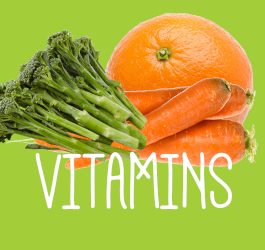

Introduction
If you’re reading this, then it’s too la-. Wait, that's not right.
If you’re reading this, then you’ve probably read our previous article about Minerals. Now we’re going to dive into Mineral’s organic best-friend, the Vitamins.
Vitamins
Vitamins can either be Water-Soluble or Fat-Soluble, which really just means they're dissolvable in that substance.
Water-Soluble vitamins, so your Vitamins C, B-Complex and Folates, must dissolve in water before they can be absorbed by your body. They aren’t typically stored. Any Water-Soluble vitamins that are unused will exit your body through your urine.
Fat-Soluble Vitamins, your Vitamins A, D, E and K’s, will dissolve in fat and since fat accumulates, so too do these vitamins; ready to be used at another time.
Vitamin A
Remember that mantra your parents ironed into your brains when you were younger? “Eat your carrots and you’ll see better!” Evidently, that’s actually true, (which really ticks me off because I hate it when my parents are right). It's thanks to Vitamin A. If you have enough of it in your diet, you’ll be able to see better in dimmer lighting.
On top of this, it helps your Immune System, the system that’s in charge of defending your body against illnesses and infections.
Finally it helps keep your skin healthy as well as the linings of some parts of our bodies.
Men need on average 700μg a day, and women need about 600μg a day.
Vitamin A is also fat-soluble, so it’s stored and you do not need to consume it every day.
Vitamin B and Folates
All Vitamin B-Types are water-soluble, they won’t be stored in the body and you should aim to reach your target amount everyday.
Vitamin B can be known as “B-Complex”, which just means there’s a LOT of them. Originally there was only one Vitamin B, but as our knowledge grew, we found that Vitamin B was made up of several components. We’ll dive into each one briefly.
Vitamin B1
This is also known as Thiamin, it helps:
- The body break down and release energy from food
- Keep the nervous system healthy. The nervous system coordinates your body’s actions and transmits sensory information (the sensations of touch, taste, smell, hear and sight), across your body.
Men need about 1mg a day, and women need about 0.8mg.
Vitamin B2
Also known as Riboflavin, helps:
- Keep your skin, eyes and nervous system healthy.
- Your body release energy from the foods that you consume.
Men need about 1.3mg a day, and women need about 1.1mg.
Vitamin B3
Also known as Niacin, helps:
- Like B2, your body release energy from the foods you consume.
- Keeps your skin and nervous system healthy.
Men need about 16.5mg a day, and women, 13.2mg.
Pantothenic Acid
- Though it has several functions, it mainly helps the body release energy from food.
When buying Vitamin B Supplements, Pantothenic acid usually isn’t included. This is because most foods already have a good amount of Pantothenic Acid in them, it’s available everywhere. This is also why there’s no daily amount of Pantothenic Acid set by the NHS.
Vitamin B6
Also known as pyridoxine, helps:
- Form haemoglobin. This is the substance that can be found in red-blood cells which carries oxygen around the body.
- Your body store and use energy from foods, namely the protein and carbohydrates in them.
Men need around 1.4mg a day, and women need around 1.2mg a day.
Vitamin B7
Vitamin B7 is needed in incredibly small amounts to help the body make fatty acids. Vitamin B7 is also known as Biotin. Whilst it’s found in a wide range of foods, it’s only available at low levels. Additionally, the Bacteria that is found naturally in your bowels can produce biotin. Due to these factors, the NHS hasn’t set an amount of Biotin people should consume daily.
Folate (Vitamin B9)
Folate and Folic Acid are often used interchangeably. Though the difference is that Folic Acid is man-made.
Folate can be called Folacin and Vitamin B9.
It helps:
- The body form healthy red blood cells, which carry oxygen all across your body.
- Reduce the risk of neural tube defects, which can affect unborn babies.
Adults need about 200μg of Folate a day (or 0.2mg).
Vitamin C
Vitamin C is known as ascorbic acid. Having too little of it may lead to scurvy.
They’re helpful because:
- They help protect cells, keeping them healthy.
- They maintain healthy skin, blood vessels, bones and cartilage.
- Promote healing wounds.
You’ll need about 40μg of Vitamin C a day, and since it’s water-soluble, it can’t be stored. You’ll need to have it everyday.
Vitamin D
Vitamin D is produced by your body when sunlight makes contact with your skin. This means that during summer in the UK, your body can probably produce enough Vitamin D for you not to worry about. During the winter periods though, where sunlight is limited, it’s not a bad idea to take supplements.
Vitamin D helps regulate the amount of Calcium and Phosphate in your body; nutrients that are needed to keep your bones, teeth and muscles healthy. It’ll reduce the chance of rickets in children, and bone pain for adults.
Vitamin D is a fat-soluble vitamin; they’re stored in your body and you don’t need to consume the target amount every day.
Vitamin E
Vitamin E is short and simple. It helps:
- Maintain healthy skin
- Maintain healthy eyes
- Strengthen your body’s natural defense against illness and infection (your immune system)
It is another fat-soluble vitamin - Stored in the body for later use!
Vitamin K
Vitamin K is a group of vitamins, and your body primarily needs them to prevent blood-clotting, and helping your wounds heal.
Evidence also suggests they help keep bones healthy, but not enough to be sure.
The fourth and final fat-soluble vitamin. You don’t need to consume the target amount every day.
Closing
That’s it for micronutrients folks. There’s a lot of information here to digest, but now at least you’ll have a guide to turn back to if you’re ever stumped on what each micronutrient does. If you found this interesting, stay tuned for our blogs!


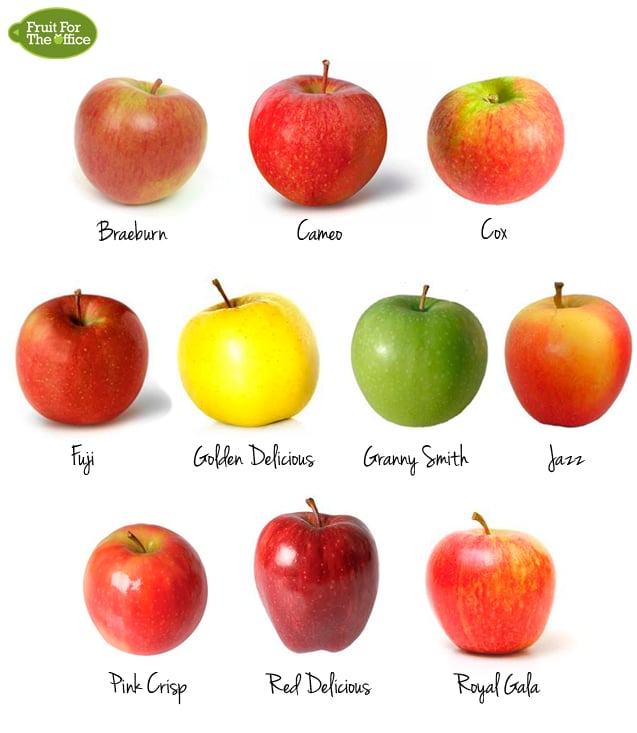
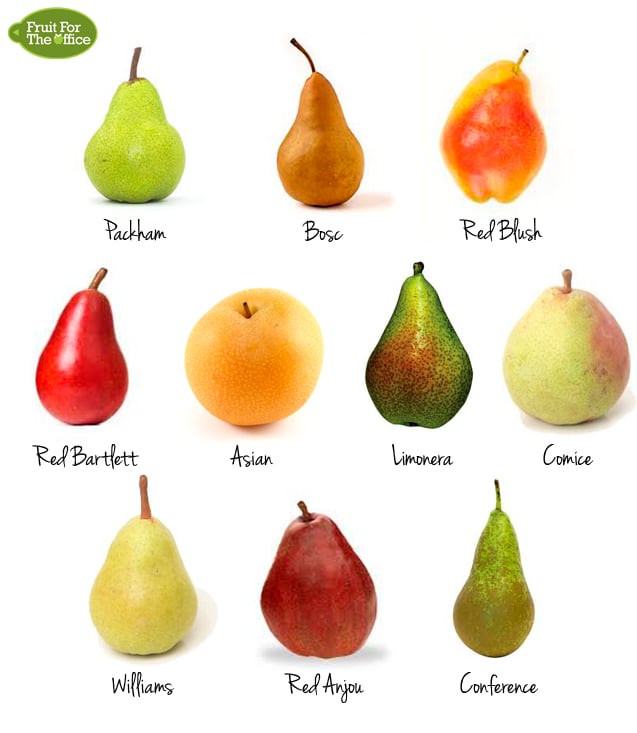






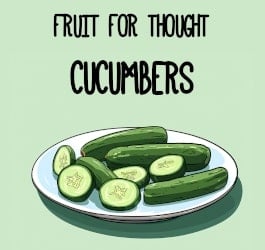






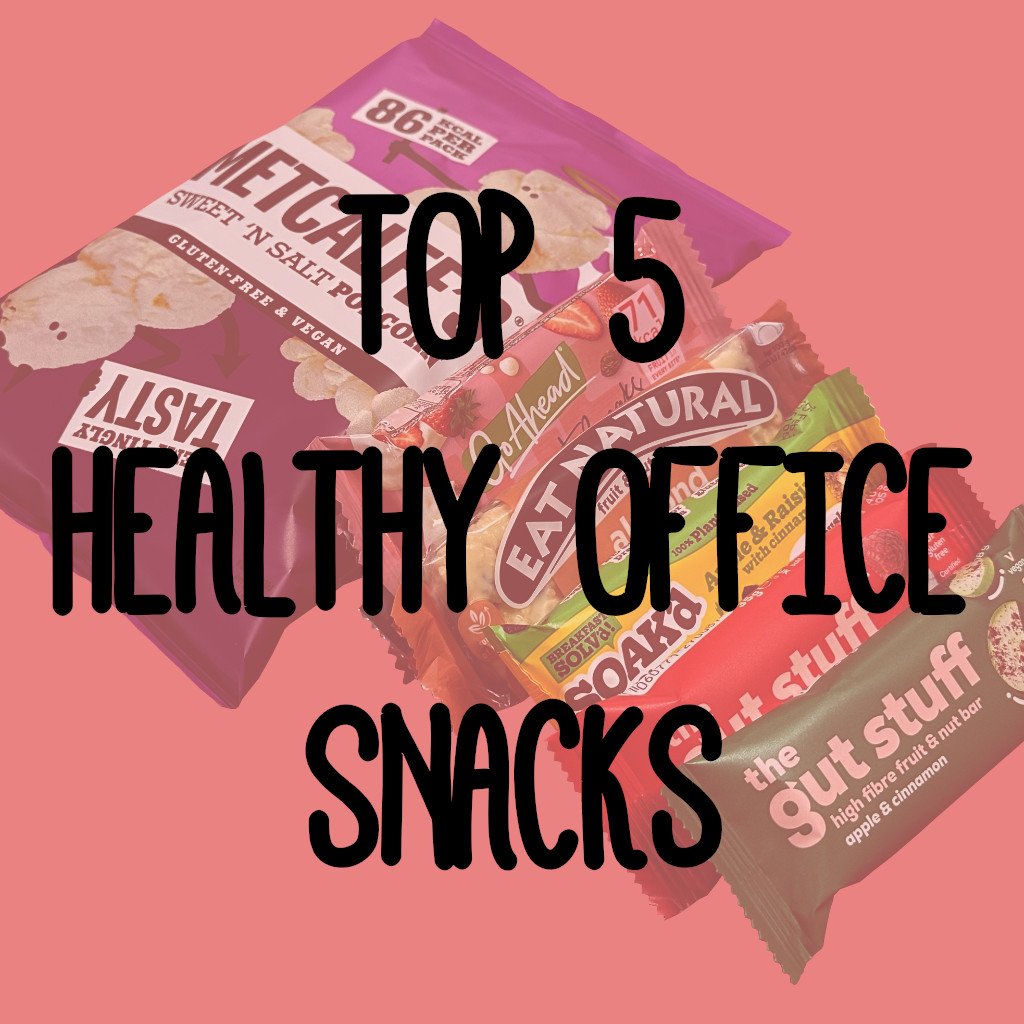


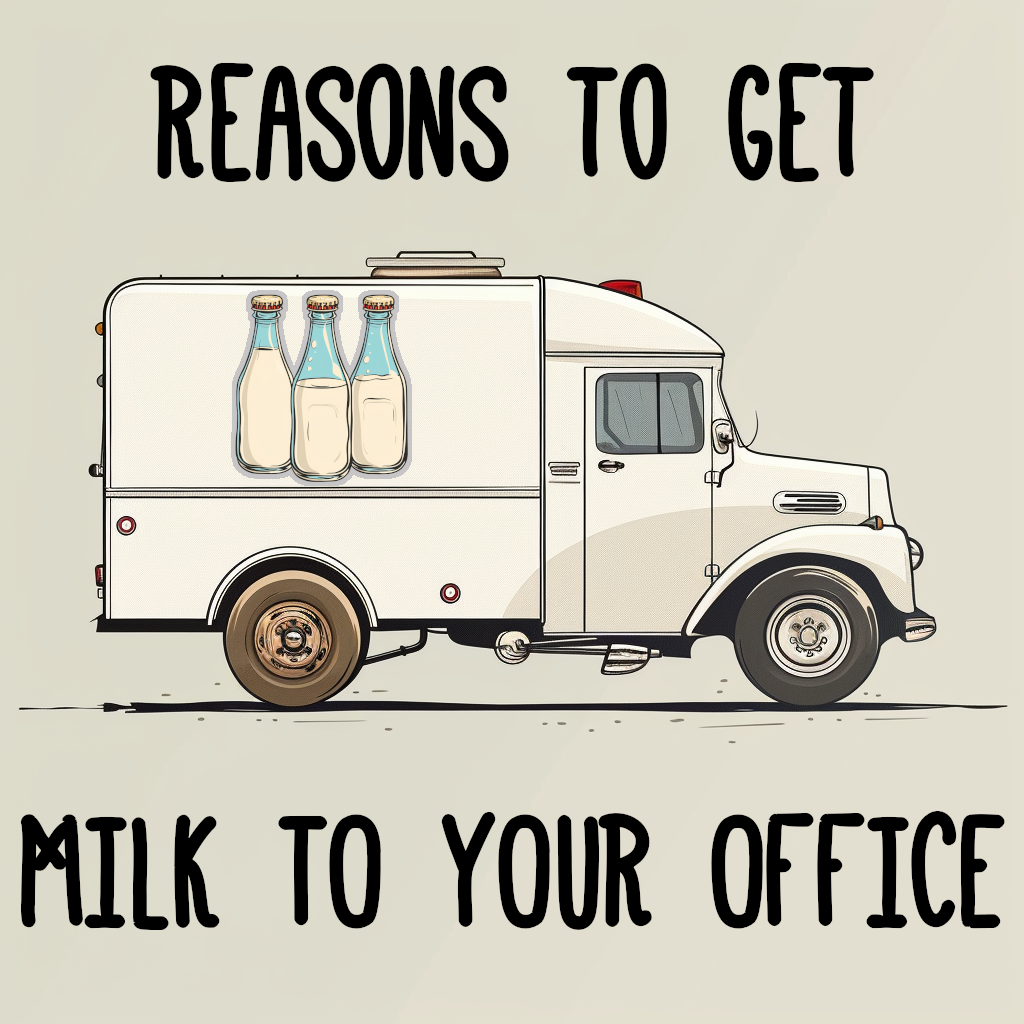
Comments